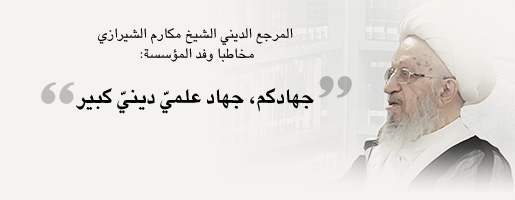
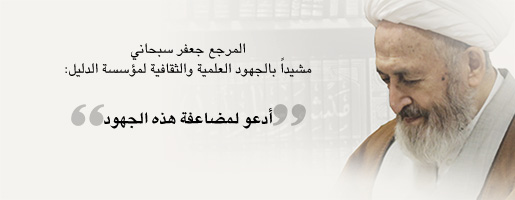
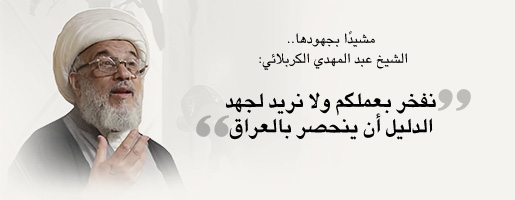
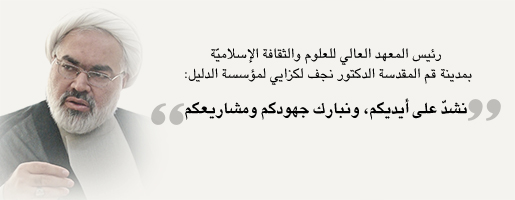
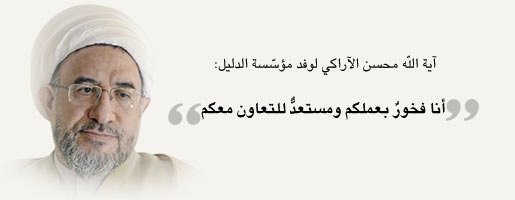
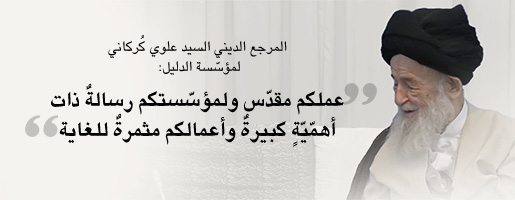
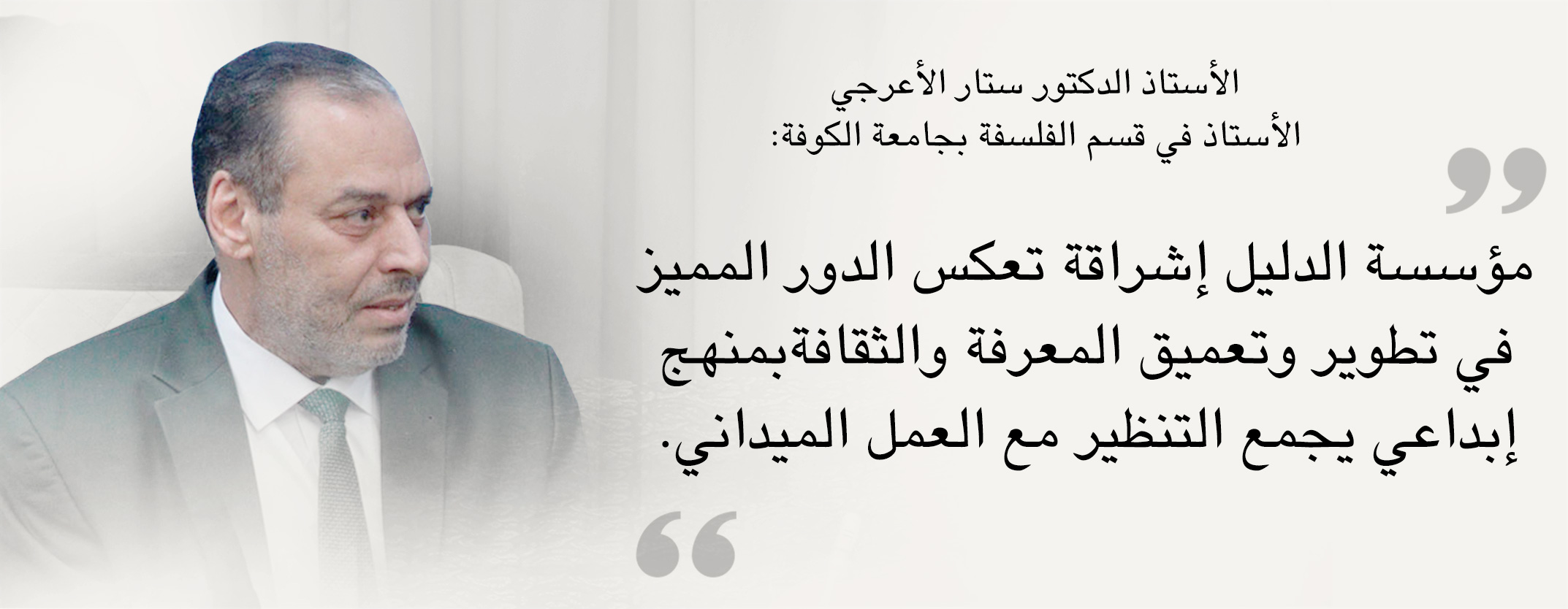
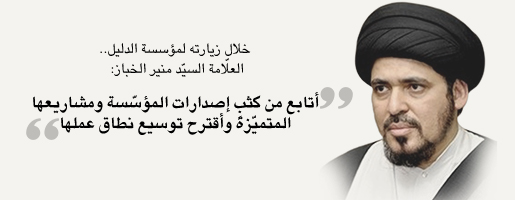
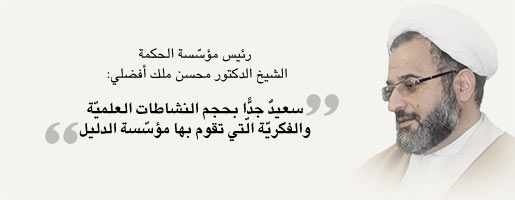
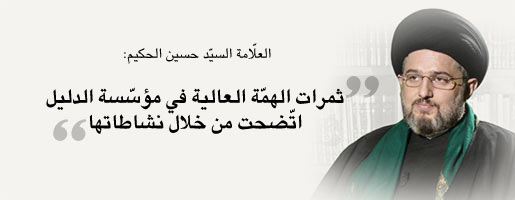
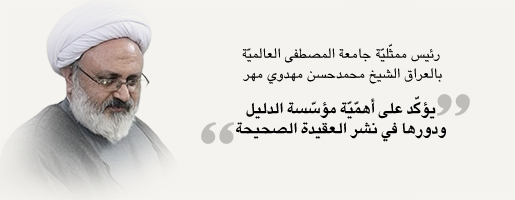
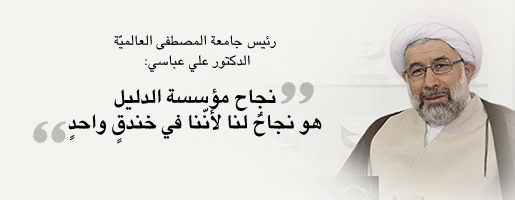
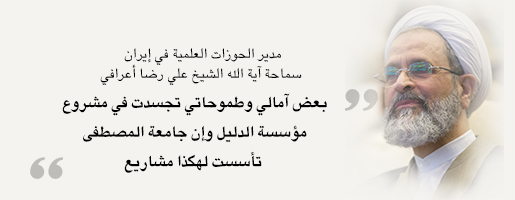
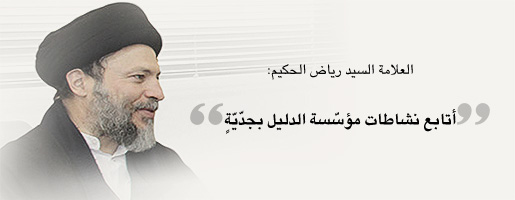

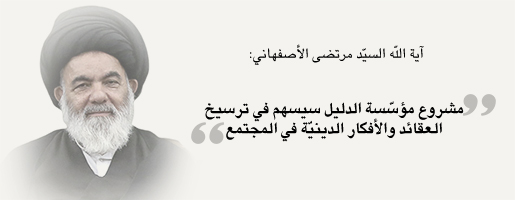
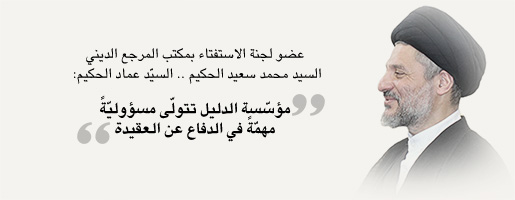
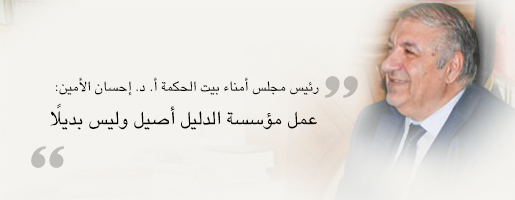
Abdul-Hussein Khosropanah - Muhammad Qommi
Summary
In dealing with unoriginal human sciences, Muslim scholars have followed three approaches: 1- Acceptance in a manner of selection, criticism and production. 2- Acceptance in a manner of arbitrary picking of data and facts. 3- The production of religious science, which appeared eighty years ago and started its way towards development. We think that religious science is based on four elements: basics, methodology, orientation and wisdom functions. Our approach is firstly based on studying what earlier and contemporary scholars proposed, showing their strengths and weaknesses, and then we offered the wisdom-discretion method in the production of human sciences. This approach confirms that, in addition to basics and resources, a new approach is necessary in this concern. We think that scholars of humanities, such as sociology, political sciences, economics, administrative science and psychology, can, by making use of this approach, theorize and establish Islamic humanities. The wisdom-ijtihad (discretion) method is a completely comprehensive one due to three strategic symmetrical ijtihadi (discretional) kinds with three tasks undertaken by modern human sciences: the first stage of the ijtihad strategy describes the pet person. In its second stage, discretionary (ijtihadi) strategy is concerned with the description of the actually existed person. As for criticizing the actually existed person leading him to be a favorite person, it is the function of the third discretionary strategy. Of course, we cannot overlook the role of reason that has a special use and position in addition to the wisdom approach.In this article, we try to introduce the wisdom-discretion approach to know how to use it in the process of the production of the humanities.
